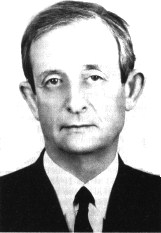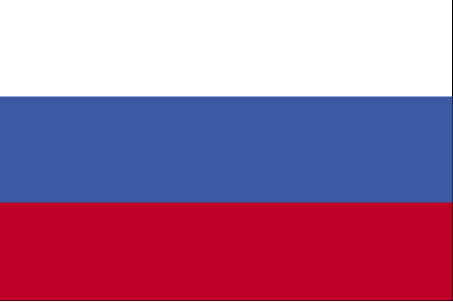Yuli Khariton (original) (raw)

One 19 December 1996, Yuli Khariton, one of the fathers of the Soviet nuclear arms program, died at age 92. Khariton was born Feb. 27, 1904 in St. Petersburg, Russia.
Khariton was one of the elite group of physicists who, with Igor Kurchatov initiated the Soviet atomic weapons program in the 1940s. He helped found the secret nuclear weapons complex at Sarov, renamed Arzamas-16 (and nicknamed "Los Arzamas"), in April 1946 and became its first Scientific Director, a position he held for 45 years. After the collapse of the Soviet Union, the name Sarov was restored, and that is where Khariton died . For his work in developing the first Soviet atomic bomb, and then hydrogen weapons, he was named a three-time winner of the title of Hero of Socialist Labour, the Soviet Union's highest civilian award. His body will be flown from Sarov to Moscow to be buried at the capital's elite Novodevichye cemetery.
Khariton studied under the pioneering British physicist Ernest Rutherford from 1926 to 1928 at Cambridge's Cavendish Laboratory where the neutron was later discovered in 1932. Khariton was probably Rutherford's last living pupil.
Although some news reports have described Khariton as the "Soviet Oppenheimer" and the "Father of the Soviet Atomic Bomb", those sobriquets are probably best reserved for Igor Kurchatov. A possibly better analogy would be to describe him as the "Soviet Norris Bradbury" who headed Los Alamos after Oppenheimer's departure for 25 years, and shepherded the American hydrogen bomb to maturity.
Khariton grew to professional maturity under Stalin's regime, and this seems to have marked him for the rest of his life. In a retrospective interview published in the May 1993, Bulletin of the Atomic Scientist, Khariton acknowledged the fact that Arzamas-16 was built by Gulag slave laborers, but indicated that it did not trouble him. Virtually none of the prisoners who were drafted to work at the nuclear weapons complex lived to see the outside of the Gulag again. Also, in the spirit of the Stalin era when it was de rigeur to claim Russian priority to most inventions, Khariton maintained to his death in the face of clear evidence to the contrary, that the Soviet Union was the first nation to develop the hydrogen bomb.
A recent picture of Yuli Khariton with a copy of the weaponized Joe-1, the first Soviet atomic bomb.
 Joe-1 and Khariton (25 K)
Joe-1 and Khariton (25 K)
For more on the Soviet nuclear weapons program go here.





